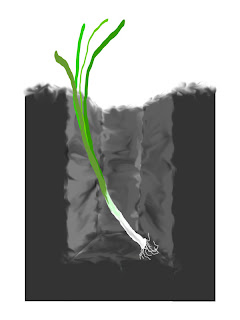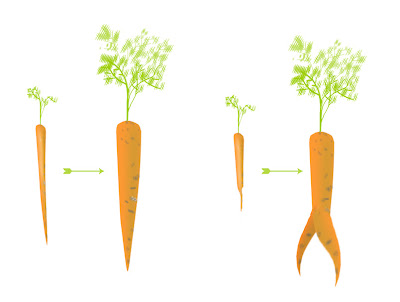Having come to the conclusion that The Woodland Trust doesn’t need my tiny donation anymore I thought I’d have a look at the worthiness of some other conservation charities. If I have any firm opinions on the state of the natural world in Britain it would be that it is the little things of the ecosystems that are being neglected. Trees, birds and badgers, sea eagles and beavers need money to improve their lot, but isn’t it obvious that they exist in a complex world – a system, in fact – balanced on the health of insects and microbes and ugly diddly things? Jo Public can be persuaded to give money to plant romantic oaks or bring in cute beavers from Europe, but how will you inspire her to part with cash to help increase the number of insects, or tackle councils who keep her roadside verges tidy (too tidy)?
To be honest there is a growing fashion for wildlife gardening, and I guess the publicised panic over bees covers a panic of other less attractive pollinators. It seems the importance of the small-scale is getting across. Perhaps I’m just catching hold of the zeitgeist after all.
Either way I’ve decided to take a closer look at three charities who work at the base of ecosystems: plants, insects and ponds:
Plantlife,
Buglife and
Pond Conservation.
I’ve put some basic information in a table form in the document below.
They are all newly created charities with a small staff. Bizarrely Germaine Greer is the President of Buglife, with the arty guy who makes a programme with Fiona Bruce as President of Plantlife. Interestingly, Pond Conservation seems to have attracted the big guns to its board of trustees. A Lord is the President alongside lots of chairmen and members of select committees of important sounding institutions. Buglife’s trustees are publicity friendly tv presenters (though I’m glad to see EO Wilson there too), and Plantlife’s trustees are a gentler more arty crowd. I wonder if it is important who does the networking at high levels for the success of a charity. It will be interesting to see if Pond Conservation grows.
As a member of The Woodland Trust I received a glossy magazine and constant requests for donations. Plantlife will send a magazine, Pond Conservation has ‘e-updates’, and Buglife sends out a newsletter and some posters and a badge. Isn’t it fascinating how they have positioned themselves? Plantlife seems to have the traditional approach, Pond is modern, and Buglife assumes its members will be boy scouts.
All of them claim to spend only 1% of their income on ‘governance’. Pond spends 92% on conservation work, Plantlife 83% and Buglife 89%. The Woodland Trust 74%.
So we are getting a picture of their characters, but what of the work they do? Recently despite its child-friendly image Buglife has written letters to the government over the issue of banning neonicotinoids and appeared at select committees. Personally I think this is a very important subject and I’m glad to see them getting serious. I am hoping this will get more publicity in the future.
Buglife’s future projects seem interesting. They will be looking at strandlines on beaches and how over-tidying beaches affects the delicate populations of insects higher up the beach. Now that is clever thinking. There will also be research into invertebrate numbers (like the BTO’s bird count?) and earthworm trends. As a member this is the sort of thing I’d like to see my money going on.
Pond Conservation also has counting projects. I think it comes under the umbrella of citizen science. It digs ponds and gives advice.
Plantlife gives a moderate impression, which may be unfair. Their campaign to discourage councils from cutting verges before the flowers have set seed wafted into my consciousness this year, so the publicity for that must have worked, especially as there are no verges to worry about here. Perhaps their greater work is done on the nature reserves they run.
So .... where will my two pennyworth be going?
- This year Plantlife can be left to their own devices. I need to know more about what they are doing.
- I don’t want a poster or a badge, but I do worry about insects
- Then again, I’d like to be a member of the cool gang that is Pond Conservation
It’s going to be Buglife in 2013, with an eye kept on Pond Conservation and ear out for any other charity working at ground level.
Comparing Conservation Charities


















